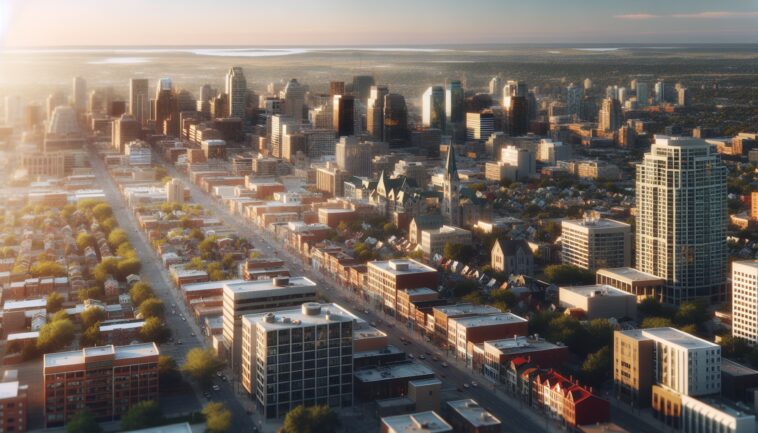Table of Contents
Canadians divided as election race heats up: Poll insights
The political landscape in Canada is shifting as a recent Ipsos poll indicates a tightening race between the Liberal Party and the Conservatives. With the election campaign reaching its halfway point, the Liberals maintain a lead, but the gap is narrowing, sparking discussions among voters about their preferences and priorities.
Shifting voter preferences
According to the latest Ipsos poll conducted for Global News, 42% of Canadians indicated they would vote for the Liberals, a decrease of four points from the previous week. In contrast, the Conservatives have gained two points, now sitting at 36%.
This shift suggests that the momentum the Liberals enjoyed earlier in the campaign may be waning. Darrell Bricker, CEO of Ipsos Public Affairs, noted that this is the first instance of the Liberals losing ground since the campaign commenced.
As the campaign progresses, the number of undecided voters has also increased, now accounting for 11% of those surveyed.
This rise in uncertainty reflects a growing desire among Canadians for change in leadership, with 56% expressing that it’s time for a new leader to take over. This sentiment could significantly impact the election outcome as candidates prepare for upcoming debates.
Debate dynamics and leadership perceptions
With leaders’ debates on the horizon, the stakes are high for all parties involved. Current polling suggests that Liberal Leader Mark Carney is favored to win the English-language debate, while Conservative Leader Pierre Poilievre is seen as a contender for the French-language debate.
As Canadians assess their leaders, Carney still holds an edge over Poilievre regarding who would make the best prime minister, although both leaders have seen fluctuations in support.
Interestingly, while Carney is perceived as a strong negotiator in future discussions with U.S.
President Donald Trump, Poilievre is gaining traction among voters who prioritize economic issues and affordability. The Conservatives are now viewed as the party best equipped to handle affordability concerns, a crucial issue for many Canadians as the cost of living continues to rise.
Key issues shaping the election
Affordability remains at the forefront of voters’ minds, with 41% identifying it as the top issue in the campaign. This concern has grown since the beginning of the election cycle, indicating that economic factors are increasingly influencing voter decisions. While U.S.-Canada relations were previously a significant concern, they have now fallen behind issues like healthcare and housing in terms of priority.
As the election approaches, the dynamics between the parties will continue to evolve. The Liberals may still lead in perceptions regarding U.S. relations, but the Conservatives’ newfound momentum on affordability could reshape the electoral landscape. With the election date drawing closer, Canadians are poised to make critical decisions that will shape the future of their country.




